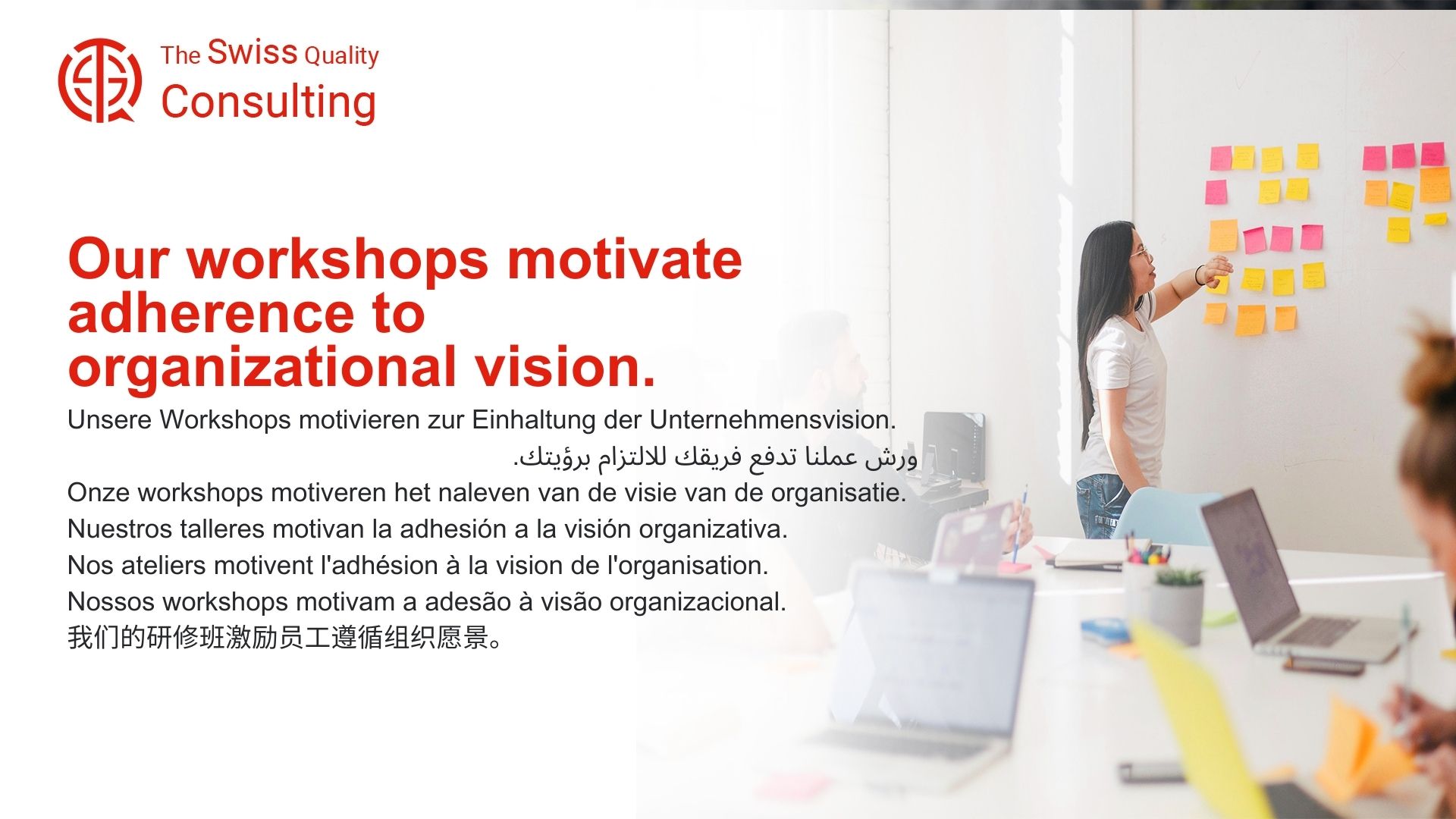Embracing Flexibility and Innovation for Customer Satisfaction
In today’s rapidly evolving business environment, the ability to adapt swiftly to diverse customer needs is paramount for success. The strategic integration of modular features into products and services has emerged as an effective way to achieve this flexibility. This article explores how businesses can leverage modular design to cater to a wide range of customer preferences, enhancing satisfaction and driving business growth.
Understanding the Impact of Modular Features
Modular features transcend mere versatility; they serve as a strategic imperative for orchestrating unwavering adaptability, building a future-ready product portfolio, and empowering businesses to thrive in a dynamic and ever-evolving market. This transformative approach empowers organizations to:
1. Offer Unprecedented Customization and Cater to Diverse Needs: By leveraging interchangeable components, modular design allows businesses to tailor their products and services to individual customer preferences and specific requirements. This fosters deeper customer engagement, enhances satisfaction, and drives brand loyalty.
2. Accelerate Time to Market and Respond Rapidly to Change: Modular design facilitates faster product development cycles and quicker iteration times. This enables organizations to adapt swiftly to changing market trends, customer feedback, and emerging technologies, maintaining a competitive edge in a dynamic marketplace.
3. Optimize Production Processes and Enhance Efficiency: By standardizing components and simplifying assembly processes, modular design reduces complexity and optimizes production workflows. This minimizes waste, improves resource utilization, and enhances overall operational efficiency.
4. Minimize Inventory Costs and Enhance Supply Chain Flexibility: By enabling the use of shared components across different products, modular design reduces the need for diverse inventory and lowers associated costs. This enhances supply chain flexibility, minimizes disruptions, and ensures product availability.
5. Foster Innovation and Drive Continuous Improvement: By facilitating experimentation and rapid prototyping, modular design encourages innovation and continuous product development. This allows businesses to explore new ideas, refine existing offerings, and stay ahead of the competition.
6. Build a Future-Proof Product Portfolio and Adapt to Disruption: By leveraging modularity, organizations can develop flexible and adaptable product portfolios capable of evolving alongside market changes and technological advancements. This ensures long-term sustainability, safeguards against disruption, and empowers businesses to thrive in an uncertain future.
7. Secure a Competitive Advantage and Drive Sustainable Growth: By prioritizing modular design strategies, organizations gain a significant competitive edge by offering a wider range of options, responding swiftly to market changes, and optimizing production processes. This translates into increased market share, improved profitability, and a more resilient and adaptable organization in a dynamic marketplace.
8. Build a Future-Ready Organization and Embrace Unwavering Innovation: Investing in modular design principles future-proofs organizations by equipping them with the necessary tools and insights to continuously evolve their product portfolios effectively. This ensures their long-term viability, safeguards their future success, and empowers them to embrace innovation and adapt to the ever-changing demands of the future.
Beyond Versatility: A Foundation for Unwavering Adaptability and Enduring Success:
By embracing modular design strategies and adopting a transformative approach, organizations unlock the true potential for achieving unwavering adaptability, a future-ready product portfolio, and enduring success. This empowers them to offer unprecedented customization, accelerate time to market, optimize production processes, minimize inventory costs, foster innovation, build a future-proof portfolio, secure a competitive advantage, and build a future-ready organization, ultimately building a future where their products and services are not just diverse, but adaptable, innovative, and capable of meeting the evolving needs of customers in a dynamic and ever-evolving world.
Embrace the power of modular design and embark on a transformative journey towards a future where your product portfolio is adaptable, your production processes are efficient, and your success is driven by the unparalleled capabilities of this strategic design approach. By investing in expert design solutions, fostering a culture of innovation, and empowering your teams to leverage modularity effectively, you can unlock the full potential of your organization and build a future of unwavering adaptability and enduring success.
Change Management in Modular Design Implementation
Implementing modular features in products or services involves significant change management. Businesses must rethink their design processes, supply chain logistics, and sales strategies. This transformation requires educating and training employees, redefining product development protocols, and ensuring that all stakeholders understand and are aligned with the new approach.
Executive Coaching for Leading Innovation
Effective leadership is crucial in driving the adoption of modular features. Executive coaching can provide business leaders with the insights and skills needed to navigate this transition. Coaches can help leaders foster a culture of innovation, manage the complexities of modular design, and guide their teams through the change process effectively.
Effective Communication for Customer-Centric Solutions
Clear and effective communication is essential in promoting the benefits of modular features to customers and within the organization. It is crucial for businesses to articulate how modular designs meet customer needs and to ensure that marketing and sales teams can convey these benefits to the target audience effectively.
Generative AI in Enhancing Modular Design
Generative Artificial Intelligence (AI) can play a significant role in enhancing modular feature design and implementation. AI algorithms can analyze customer data, predict trends, and offer insights into which modular features are most likely to succeed. This can help businesses stay ahead of the curve in developing products and services that resonate with their target market.
Conclusion Modular Features
In conclusion, adapting to diverse customer needs with modular features is not just a design principle; it is a strategic business approach that can lead to increased customer satisfaction and business success. Embracing this flexibility ensures that businesses can meet the ever-changing demands of their customers, stay relevant in the market, and drive innovation in their offerings.
#ModularDesign, #CustomerSatisfaction, #BusinessInnovation, #Adaptability, #MarketFlexibility























